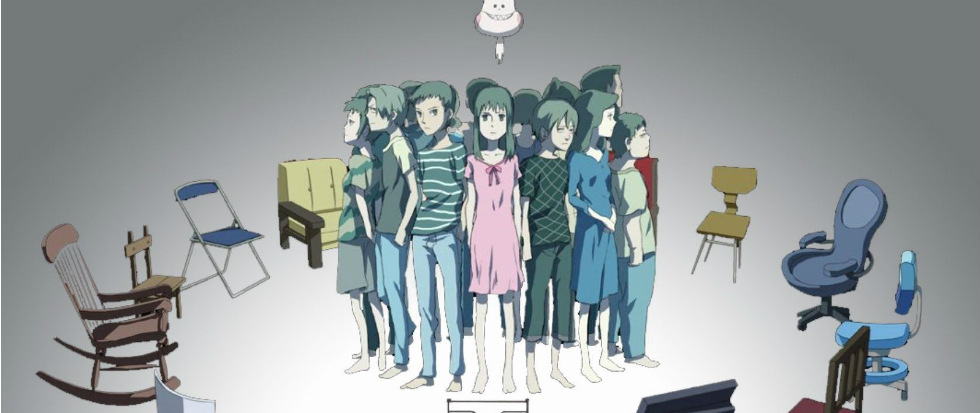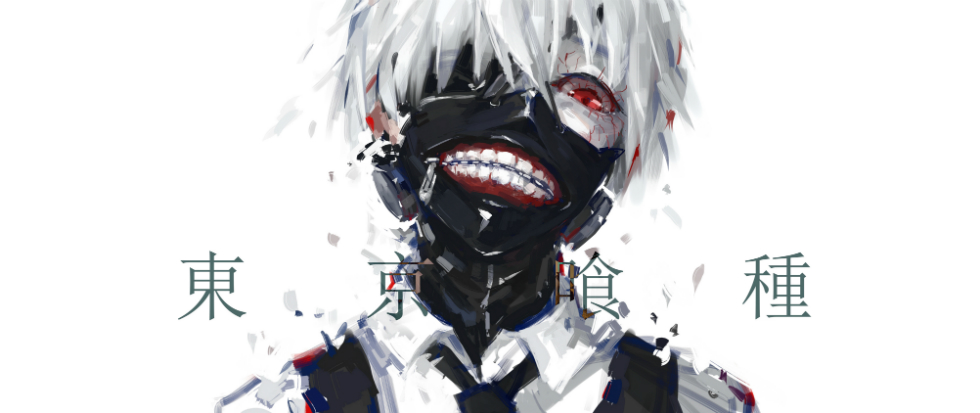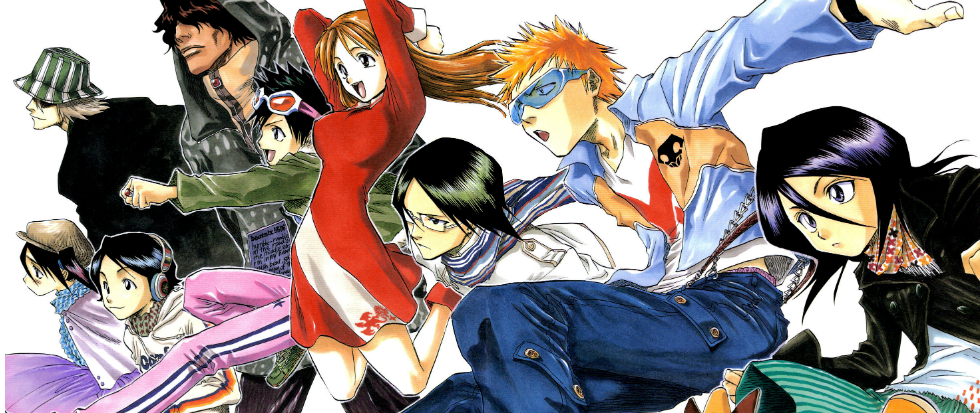
That Slow Vice Death
Reading Mohiro Kitoh’s Bokurano: Ours brought me back to that moment 15 years ago when I first came up against the knowledge of my own mortality. When I realized that death was not only final – the obliteration of the self – but inescapable. That even if I found a way to live on until the end of the universe, I would cease to be when it ended.
I wanted to scream, I wanted to throw the magazine (an issue of National Geographic detailing the lifespan of the universe) across the room, tear my room down and then run out of my house and down the street and on and on, to do something – anything – violent enough to push back what I suddenly knew would not be denied.
Like a child who protests so loudly and so long his parents decide not to leave him with the babysitter, I might become more trouble than I was worth and Death would draw back his hand with an annoyed sigh, before moving on to someone less troublesome. Decorum won out, though: Catholic as my family was I knew they would not understand.
The children at the heart of Kitoh’s story are not so reserved, though. Tricked into piloting a gargantuan robot that uses their lives as fuel in some cosmic contest, knowing they will die regardless of a win or a loss, unable to lie to themselves as the rest of us do that death is something that happens to other people, most lash out.
One boy wakes up night after night in cold sweats, screaming and shaking, then takes to beating his younger sister to stave off the horror. Another destroys his room and retreats under his blanket for weeks. A single panel eight volumes later showcasing a hole he kicked in his wall stands as the most chilling moment in the story, the sole reminder of his existence and a testament to the futility of all such protests. Even those more philosophical break down in tears protesting the unfairness of it all.
And it is unfair, so unfair it often seems sadistic, as if Kitoh was an adolescent spoiling to prove how dark he can be. Or some cruel god amusing himself by subjecting his creations to torture. But his vision is more humane than that. Kitoh subjects these children to so much not because he delights in their pain, but because he knows too well there is no greater cruelty than the fact that we are all going to die, and realize this full well.
Bokurano: Ours does nothing but dramatize this in the most honest way possible, clearing away the false hopes of resurrections and last minute escapes offered in those narratives too afraid to face the ugliness of death head on. If it seems unfair, that is only because life itself is unfair. And only the best of art has the honest, unflinching daring necessary to confront life head-on.





